Violence, Voice, and Recognition, 2024-25
Recorded events are available via:
October 9: Wednesday: The Voices of Babyn Yar featuring Marianna Kiyanovska and Amelia Glaser – in person
Co-sponsored by Jewish Studies and Russian and East European and Eurasian Studies
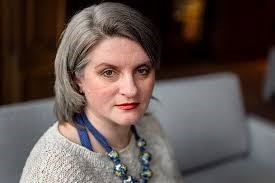 In late September 1941, over the course of two days, tens of thousands of people were massacred in a ravine known as Babyn Yar, on the outskirts of Nazi-occupied Kyiv. Most of the victims were Jews, although Roma, Crimean Tatars, as well as Ukrainian and Russian Communists were among the murdered. In her 2017 book of poems, The Voices of Babyn Yar, the award-winning poet Marianna Kiyanovska engages with this tragedy as a Ukrainian who learned of the extent of the mass killings only as an adult. Kiyanovska is the author of more than a dozen books of poetry, prose, and literary translation, and her works have been translated into eighteen languages. In this bilingual poetry reading, she shares poems in the original Ukrainian, including from The Voices of Babyn Yar. Professor Amelia Glaser will read the English translations.
In late September 1941, over the course of two days, tens of thousands of people were massacred in a ravine known as Babyn Yar, on the outskirts of Nazi-occupied Kyiv. Most of the victims were Jews, although Roma, Crimean Tatars, as well as Ukrainian and Russian Communists were among the murdered. In her 2017 book of poems, The Voices of Babyn Yar, the award-winning poet Marianna Kiyanovska engages with this tragedy as a Ukrainian who learned of the extent of the mass killings only as an adult. Kiyanovska is the author of more than a dozen books of poetry, prose, and literary translation, and her works have been translated into eighteen languages. In this bilingual poetry reading, she shares poems in the original Ukrainian, including from The Voices of Babyn Yar. Professor Amelia Glaser will read the English translations.
Nov. 13: “My Droplet of Fate Reflects the Jewish Ocean”: The Legacy of Béla Pásztor featuring Rafael Pastor – in person
Sponsored by Judi Gottschalk
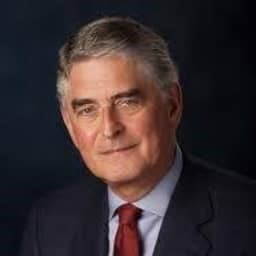
Nov. 13: “My Droplet of Fate Reflects the Jewish Ocean”: The Legacy of Béla Pásztor featuring Rafael Pastor – in personIn the early 20th century, Budapest was the second-largest Jewish city in Europe, and Jewish artists and intellectuals played a major role in the city’s cosmopolitan cultural life. Prominent among them was the theater and cinema director and producer Béla Pásztor whose career was shaped by much early success and terrible later oppression. In a conversation with history professor Deborah Hertz, Béla’s son Rafael Pastor explores his family’s history before, during and after the Nazi occupation of Hungary, including his parents’ emigration to Israel where he was born. With a BA from Columbia University and a JD from NYU School of Law, Rafael held CEO, President and other senior executive positions at some of the world’s largest media and entertainment companies. He now serves on several corporate and not-for-profit Boards, including the UC San Diego Foundation Board, the Rady School of Management's Dean’s Advisory Council, and as Chairman of the International Advisory Board of the School of Global Policy and Strategy. In commemoration of the 80th anniversary of the victims of the massive deportations and annihilations of Hungarian Jews in 1944 which Béla survived in hiding, the conversation will be preceded by brief historical overview and survivor testimonies of this harrowing—and not to be forgotten—tragedy.
Jan. 16: The Gray Zone: How Jews Navigated Forced Cooperation with Nazi Rule – virtual only
With Support from Thurgood Marshall College
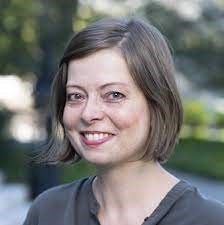
Besides victims, perpetrators, and bystanders, collaborators are one of the major categories of analysis in the study of the Holocaust. What did collaboration mean for Jews? What made Jews in East and West cooperate with the Nazis? In this lecture, Laura Jockusch addresses this question by exploring the morally thorny issue of collaboration and how it was adjudicated after the war. Jockusch is the Albert Abramson Associate Professor of Holocaust Studies at Brandeis University. Among her many scholarly publications, her book Collect and Record! (Oxford University Press, 2012), a study on the beginnings of Holocaust research by Jews and from a Jewish perspective, stands out. Her ongoing research project investigates how Jews conceptualized legal redress after the unprecedented crime of the Nazi genocide of European Jews.
Feb. 6: Sexual Violence During the Holocaust: The Known, the Unknown, and the Thorny Issue of Sexual Barter featuring Pascale Bos – in person
With support from Muir College’s LBGTQIA+ LLC
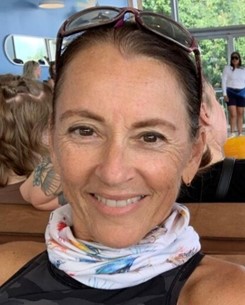
When groundbreaking gender scholar Joan Ringelheim interviewed female Holocaust survivors throughout the 1980s, almost nothing was known about sexual violence. What she discovered shocked her and made her question why scholars had paid so little attention: “I believe that we avoid listening to stories we do not want to hear. Sometimes we avoid listening because we are afraid; sometimes we avoid listening because we don’t understand the importance of what is being said.” In this lecture Bos discusses the latest findings on the topic, how the scholarship has changed over time, and remaining taboos.
Bos holds a Ph.D. in comparative literature from the University of Minnesota (Twin Cities) and is Associate Professor of German, Netherlandic Studies, and Comparative Literature at the University of Texas at Austin Her research focuses on Holocaust and Genocide Studies with a special emphasis on gender and memory, sexual violence and war, and the after-effects of trauma and wartime violence. The author of German-Jewish Literature in the Wake of the Holocaust: Ruth Klüger, Grete Weil and the Politics of Address, she has also published numerous path-breaking scholarly articles.
March 6: In Hitler’s Munich: Jews, the Revolution, and the Rise of Nazism featuring Michael Brenner – virtual only
With support from European Studies
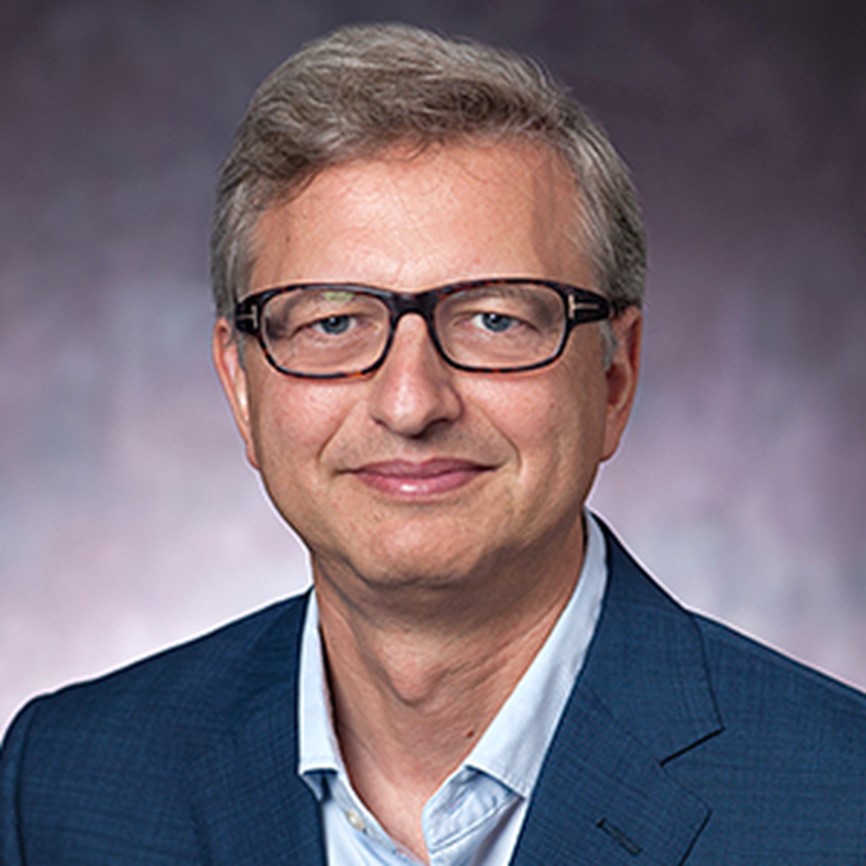
In the aftermath of Germany’s defeat in World War I and the failed revolution of 1918–19, the conservative government of Bavaria identified Jews with left-wing radicalism. Among the individuals who helped transform the Bavarian capital that had once accommodated the artistic and literary avantgarde of Wilhelmine Germany was a recently discharged corporal of Austrian birth: the future Führer. Drawing on a wealth of previously unknown documents, “In Hitler’s Munich” relates how a once-cosmopolitan city became, in the words of Thomas Mann, “the city of Hitler” and thus a testing ground for Nazism and the Final Solution. Michael Brenner is the Seymour and Lillian Abensohn Chair in Israel Studies at American University, Washington D.C. and the author of nine books on different aspects of modern Jewish history. He publishes widely in international media and is a frequent contributor to television and radio programming. In 2014 he was awarded the Order of Merit of the Federal Republic of Germany.
April 3: Politics, Violence, Memory: The New Social Science of the Holocaust featuring Jeffrey Kopstein – virtual only
Lou Dunst Memorial Lecture
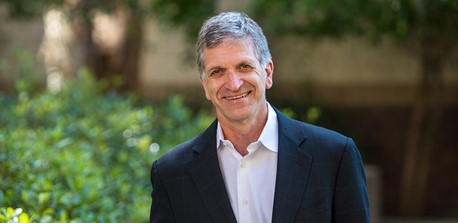
We live in a culture profoundly influenced by the legacy of the Holocaust. Almost 80 years after the fact, the Nazi extermination effort against the world’s Jews continues to provide the moral lens through which we judge political action. Yet, despite the centrality of the Holocaust to the way social scientists think about today’s world, study of the event itself and its aftermath has remained largely peripheral to the social sciences, such as economics, sociology, psychology, and political science. This has started to change over the last decade. In this lecture, Jeffrey Kopstein will show how social scientists have brought us a deeper understanding of what is arguably the “index case” of violence in the modern world. Kopstein is Professor of Political Science and Director of the Center for Jewish Studies at the University of California, Irvine. His research focuses on interethnic violence, voting patterns of minority groups, antisemitism, and anti-liberal tendencies in civil society, paying special attention to cases within European and Russian Jewish history. These interests are central topics in his latest books, Intimate Violence: Anti-Jewish Pogroms on the Eve of the Holocaust (Cornell University Press, 2018) and Politics, Memory, Violence: The New Social Science of the Holocaust (Cornell University Press, 2023).
April 24: Rain of Ash: Roma, Jews, and the Holocaust featuring Ari Joskowicz – in person
Sponsored by July Galper
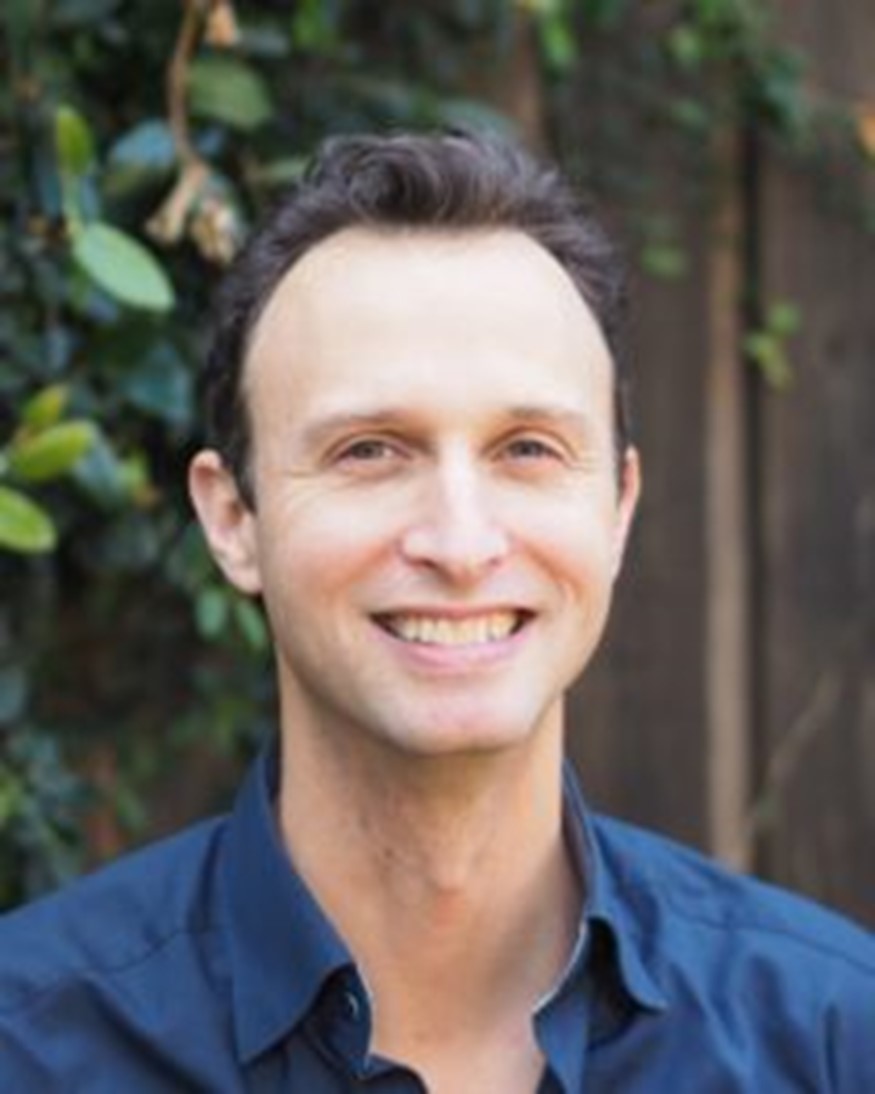
What paradoxes arise when victims of related persecution tell stories next to, and after, each other? This is the question at the heart of Ari Joskowicz’s highly acclaimed book Rain of Ash (2023) on the unlikely entanglement of the histories of Jews and Romanies, the only two racialized groups the Nazis singled out for wholesale extermination. Exploring the encounters between Jews and Romanies on the killing fields of Europe, this lecture also seeks to understand how survivors and historians have spoken about Romani and Jewish suffering during the Second World War in relational terms. Joskowicz who earned a Ph.D. in history from the University of Chicago is professor in Jewish Studies, European Studies, and history at Vanderbilt University. Besides Rain of Ash, he is the author of The Modernity of Others: Jewish Anti-Catholicism in Germany and France (2014) and the co-editor of Secularism in Question: Jews and Judaism in Modern Times (2015).
May 15: Schindler’s Listed: In Search of a Buried Past – virtual only
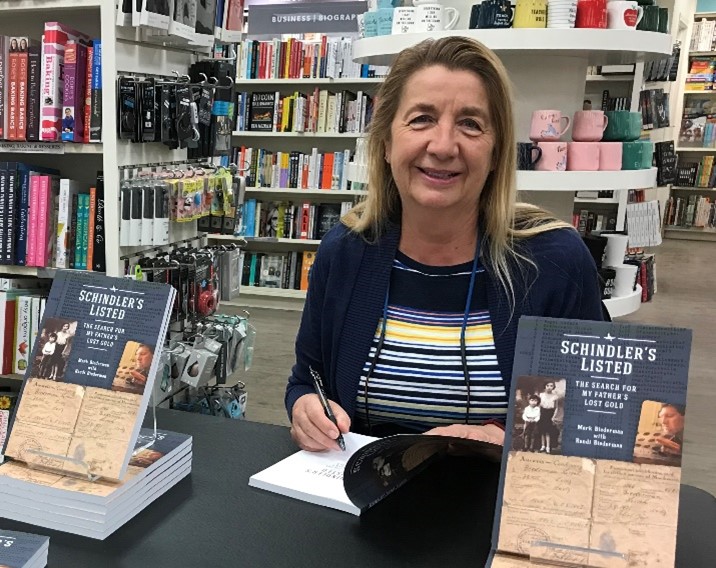
Hirsch Biedermann, born 1925, was number three on Schindler’s famous list. A native of Lodz, Poland, he endured years of ghettoization, imprisonment, and forced labor before being liberated in 1945. In leaving Europe after the war, he left behind not only a profoundly traumatic experience but also a valuable coin collection his father had buried before deportation. Growing up in the United States, Hirsch’s son Mark knew next to nothing about his father’s ordeal, let alone the hidden coins. It would take twenty years of painstaking detective work and the help of his wife Randi to unearth his family’s hidden past. This talk illuminates the challenge of reconstructing a past that was long buried. Randi Biederman, a native of Toronto, is the co-author of Schindler’s Listed: The Search for My Father's Lost Gold and a former high school science teacher.